Do planes have WiFi? Everything you need to know about staying connected mid-flight
Many airlines offer WiFi services during their flights, though the price and the quality of the connection may differ.
Not that long ago, in-flight entertainment was limited to a few movies, all of which we’ve seen before. If you’re lucky, you’d also get a tablet with a couple of arcade games, but all in all, looking at the flight map was typically the most fun you could have during a flight. Thankfully, most planes have WiFi nowadays, so you can hop online and do whatever you want.
Follow along to learn everything you need to know about airplane WiFi, including how it works, the different types of WiFi used, and the costs of using it.
Stay connected at your destination
Get an unlimited data eSIM from Holafly and never lose connection during your holidays. Use code MYESIMNOW5 for 5% off your purchase.
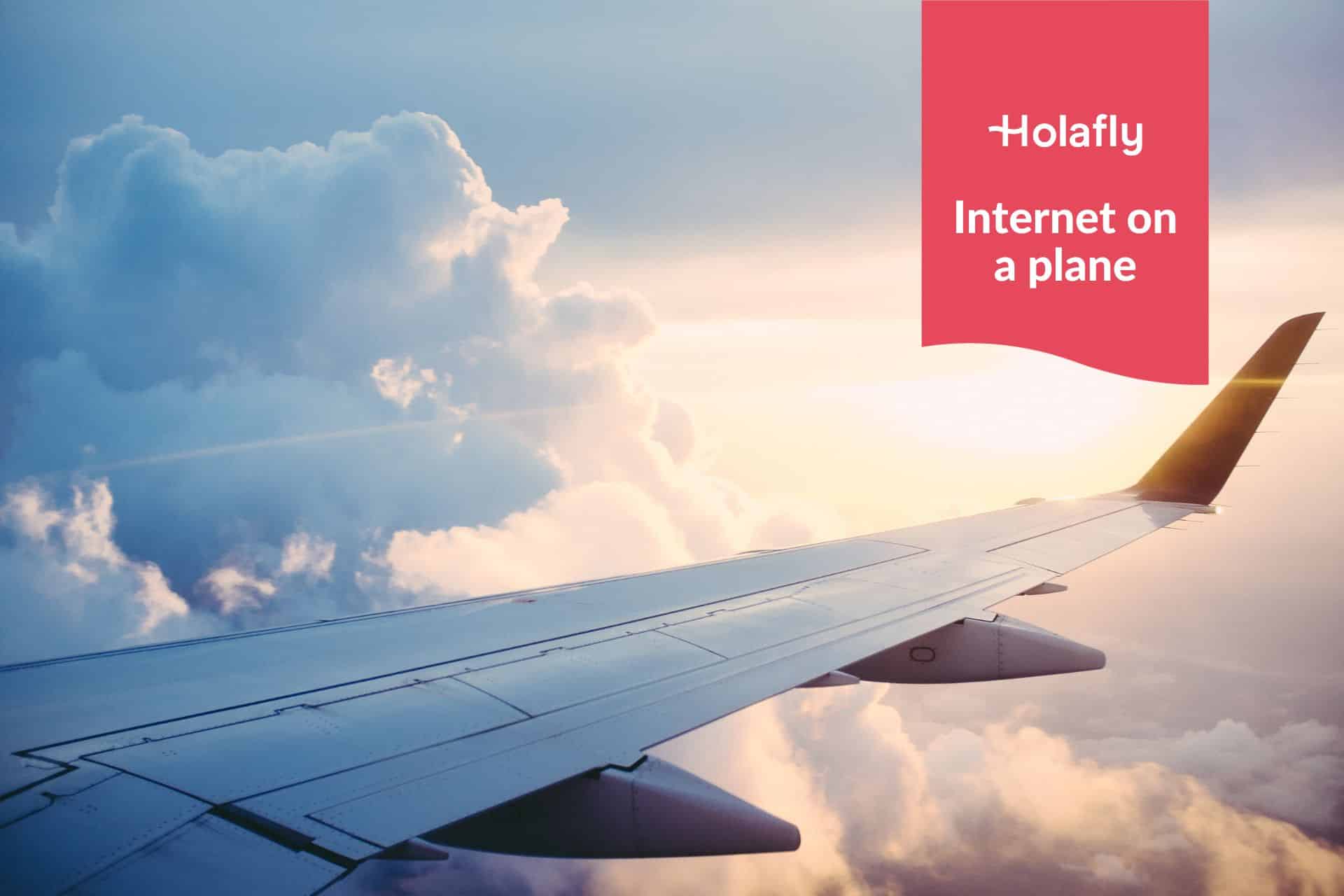


 +1M
+1M
With Holafly, you save +30% compared to roaming fees
Plans that may interest you
What is airplane WiFi?
Airplane WiFi is a wireless internet service offered by most commercial airlines nowadays. Also known as in-flight WiFi, the service allows you to access the internet during your flight. You can connect your phone or laptop and send emails, messages, check your socials, or watch a movie.
How does airplane WiFi work?
Airplane WiFi really isn’t that much different from the one that you have at home. Airplanes have a router or several routers that receive internet connection and are capable of sharing it with all passengers on board.
One of the key differences is that you might be asked to enter your name and email to get internet access. Plus, it’s usually not free.
Another difference is from where the plane gets its internet connection. As you might imagine, maintaining a steady connection when cruising at 500 miles an hour isn’t exactly easy. There are two main sources of internet that planes use — cell towers and satellites. Here’s how each of them work.

Air-to-ground WiFi
Air-to-ground WiFi is pretty much exactly what it sounds like. An antenna, typically located on top of the aircraft, communicates with land-based cell towers to send and receive data. It connects to the nearest tower, constantly changing to the next one as the plane moves along.
As you might expect, this method of connection has its limitations. The main one — there are no cellular towers in oceans and seas, so the WiFi signal strength may differ depending on your location and all WiFi may be lost when there are no towers nearby.
Satellite WiFi
Being able to get internet from satellites was the big breakthrough that took airplane WiFi from short overland flights to being accessible pretty much anywhere. Companies such as Starlink or Hughesnet put their satellites into orbit, and they’re able to send and receive internet traffic even during long international flights.
The speed of the in-flight WiFi will vary depending on how close you are to the satellite, though it’s generally nowhere near as fast as what you’d expect on land. That said, you’ll still be able to communicate with your friends and family over the internet, send emails, and watch the movies that you want to watch, even if they take a little longer to load.
How much does airplane WiFi cost?
Unfortunately, free WiFi on airplanes isn’t as common as free airport WiFi, so don’t expect to be handed a WiFi password as you board the plane. Usually, it’s only included with first-class tickets, while all other passengers have to pay a fixed fee to use the service.
The price will vary depending on the airline you’re using and even the aircraft you’re on. If you’re a frequent flier, you can even get a WiFi subscription to save some money. Let’s take a look at what you might expect to pay for internet access during your flight with some of the popular airlines.
Pro tip: If you own a loyalty card with any of the airlines, check the list of benefits that the card offers. It may include free WiFi, even if it’s a paid option for regular customers.
| Airline | WiFi price |
| American Airlines | $10+ a flight or $49.95 monthly |
| Alaska Airlines | $8-25 |
| Spirit Airlines | Starts at $3.99 for browsing and $6.99 to stream video |
| United Airlines | $8 for MileagePlus members, $10 for non-members |
| Turkish Airlines | $5-35 depending on flight and data limit |
| Delta Airlines | Free for SkyMiles members, $7/hour for non-members |
| Southwest Airlines | $8 per device |
It’s worth mentioning that some airlines offer free messaging capabilities over the internet. This is access to free, slow WiFi that only works for messaging apps. If you want high-speed WiFi for streaming services or video calls, you’ll have to pay up.
This said, some airlines charge for basic internet access and don’t offer faster internet options at all. So you may not be able to successfully stream movies, for example, even on a paid plan. Usually, the airline WiFi information will say that it’s not suitable for streaming if that is the case, so make sure to double-check it before you spend any of your hard-earned money.
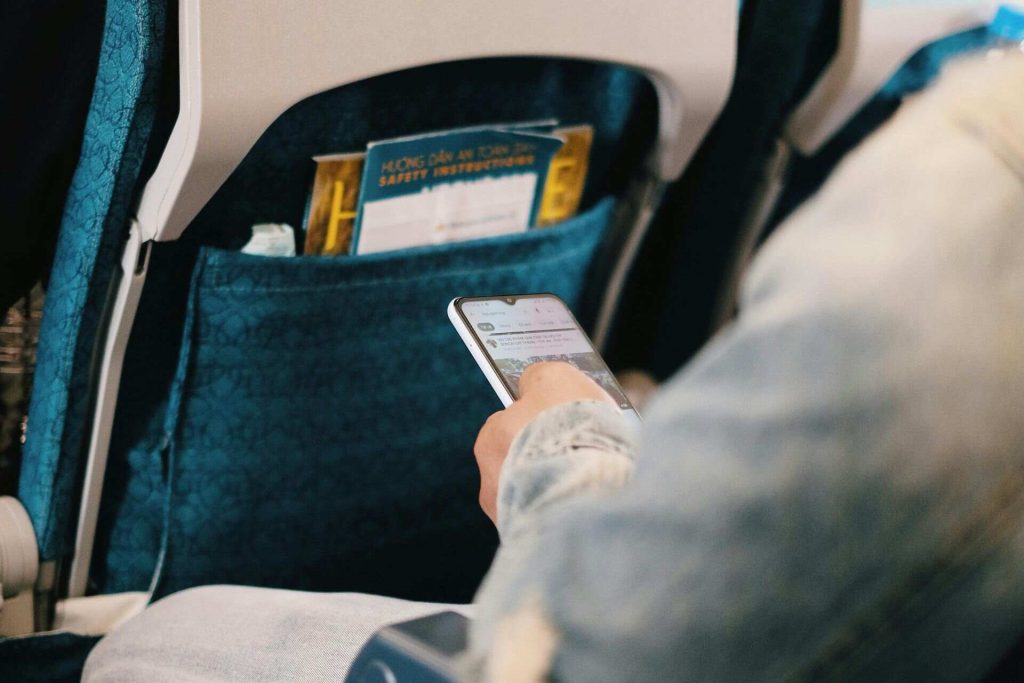
Alternatives for in-flight WiFi
Unfortunately, connectivity options outside of WiFi are pretty slim during flights. Some airlines collaborate with cell service providers, which allows you to use your mobile data during your flight, but chances are that it either won’t be strong enough to work effectively.
If you don’t want to pay for WiFi each time you fly, there are some options. For example, T-Mobile customers with Go5G plans are allowed to use WiFi for free on all Delta flights, with some other providers having similar deals with other airlines.
Other than that, your alternatives are pretty much limited to watching the Shrek movies for the 10th time this year or playing backgammon until you fall asleep.
Stay connected after you land with an eSIM
Another problem with how airplane WiFi works is that, well, it only works on airplanes. So you’ll need a different way to stay connected once you land. Thankfully, you no longer have to worry about finding a local store that sells travel SIM cards at an above-average price.
eSIMs offer an affordable and convenient way to have mobile internet wherever you go. You can buy, set up, and activate your eSIM online in minutes. You may even use the plane WiFi to do so.
Holafly offers unlimited data eSIMs in 200+ destinations worldwide, with regional plans for Europe, Asia, North America, Latin America, and even a Global eSIM plan that covers 100+ locations. You also get 24/7 customer support, so help is always available in case you have any questions or need help setting up your eSIM.
Even if you are staying more than 30 days, you can always pick one of the available Holafly Connect plans and get a postpaid eSIM plan with global coverage. These are all flexible, 5G, monthly plans that renew on a monthly basis:
- Unlimited data for remote workers and digital nomads who need constant connectivity.
- 25 GB plan for video calls, work tools, and seamless browsing.
- 10 GB plan for essential internet use on shorter trips.
Getting started is easy! Visit our Holafly Connect page, choose the plan, and activate it in seconds.
FAQs
Yes, many airlines have WiFi onboard their planes. To connect to it, simply open your WiFi settings and look for a WiFi network to connect to. You may need to add your information or pay a fee for the WiFi to work.
Planes have a powerful antenna, typically located on top of their fuselage. This antenna connects either to WiFi satellites or cellular towers on the ground and sends the connection over to internet routers on board. The routers then distribute the WiFi to passengers, allowing you to stay connected.
American Airlines, Alaska Airlines, and Delta Air Lines offer free WiFi on some of their routes. That said, most free WiFi in planes is only good for things like unlimited texting, but if you want to make VoIP phone calls or stream video, you might need to buy a better internet plan.
Airplane mode only blocks mobile data and cellular connections, so it doesn’t affect your ability to use WiFi. To connect to your airplane’s WiFi, simply locate the WiFi network on your settings and connect to it. Keep in mind that some planes may ask you to pay for the WiFi.



















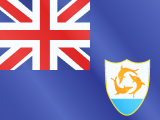
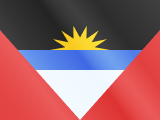










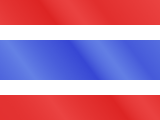






 Pay
Pay  Language
Language  Currency
Currency 


















 No results found
No results found





